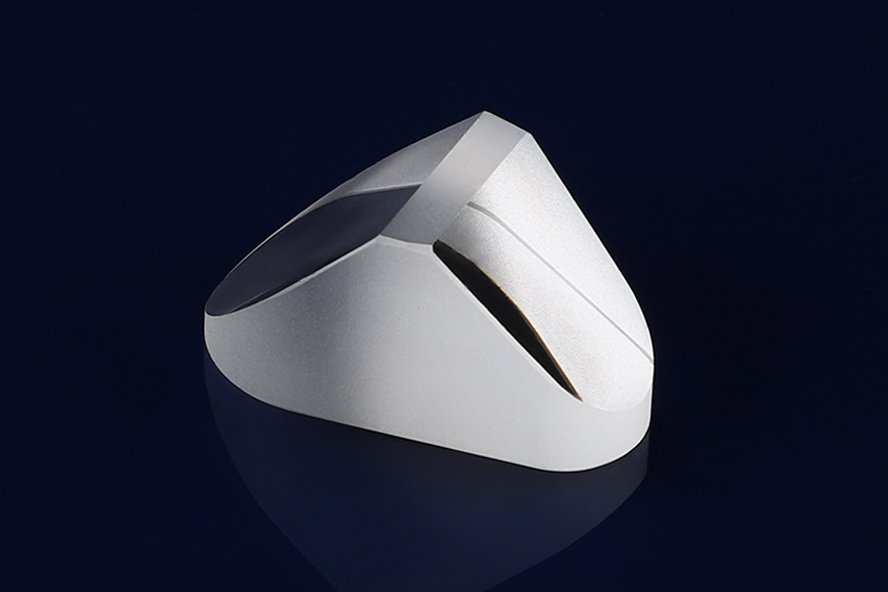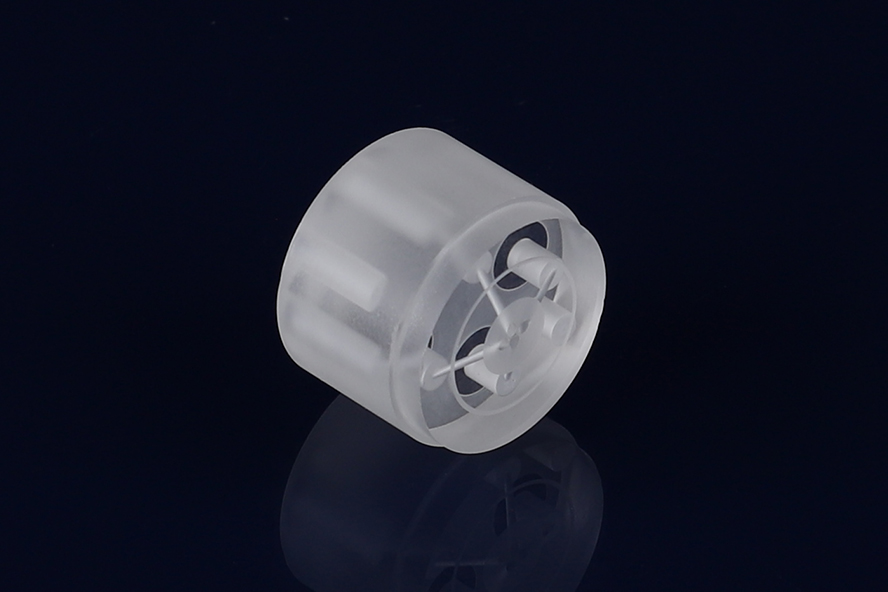Characteristics and Applications of Quartz Glass
Quartz glass, also known as fused silica, is a specialized glass composed of high-purity silicon dioxide (SiO₂). Its unique physical and chemical properties have led to widespread use across various industries. From semiconductors to optics, quartz glass has emerged as a crucial material in modern high-tech applications, thanks to its exceptional thermal stability, corrosion resistance, and extremely low coefficient of thermal expansion.

1. Key Characteristics of Quartz Glass
High Purity: The primary component of quartz glass is high-purity SiO₂, typically exhibiting a purity level exceeding 99.99%. This exceptional purity endows quartz glass with remarkable chemical stability, enabling it to withstand the corrosive effects of most acids, bases, and organic solvents.
Superior Thermal Performance: Quartz glass has a melting point of up to 1700 °C and can be used for extended periods at high temperatures without deformation. Additionally, its coefficient of thermal expansion is exceptionally low, measuring only 5.5 × 10⁻⁷/°C, allowing it to maintain dimensional stability even in environments with significant temperature fluctuations.
Quartz glass exhibits exceptionally high optical transmittance, particularly in the ultraviolet and infrared spectra. Its remarkable transmittance properties make it widely utilized in optical instruments and fiber optic communication.
Quartz glass offers excellent electrical insulation due to its high dielectric strength and resistivity. It can maintain effective insulation performance even in high-temperature environments, making it an ideal material for various high-temperature electrical equipment.

2. Primary Application Areas of Quartz Glass
1) Semiconductor Manufacturing:
In the semiconductor industry, quartz glass is extensively utilized in the production of equipment such as masks, furnace tubes, and silicon wafer carriers, owing to its high purity and resistance to chemical corrosion. The low thermal expansion coefficient of quartz glass guarantees its stability at extreme temperatures, a critical attribute in the semiconductor manufacturing process.
2) Optics and Laser Technology:
Due to its exceptional transparency, quartz glass demonstrates excellent transmittance across ultraviolet, visible, and infrared wavelengths. It is widely utilized in the production of optical lenses, optical fibers, and laser windows. Its thermal stability and resistance to high-energy laser radiation make it a preferred material for laser equipment.
3) Chemical and Experimental Equipment:
The exceptional performance of quartz glass in terms of corrosion resistance and thermal stability makes it widely utilized in chemical reactors, distillation equipment, reaction vessels, and other chemical processing facilities. Particularly in high-temperature environments, quartz glass can endure extreme chemical reactions without experiencing physical deformation.
4) High-Temperature Light Sources and Electrical Equipment:
The exceptional transparency of quartz glass makes it an ideal material for high-temperature light bulb casings, which are commonly used in the production of halogen and ultraviolet lamps. Additionally, its outstanding electrical insulation properties render it an indispensable material in high-temperature electrical equipment.
Dongguan Jundro ceramics Technology Co.,Ltd
E-mail:info@jundro.com
Tel:+86-769-82913501
Fax:+86-769-82913801
Add: Room 306, Gate B, Unit 1, Block 2 South, No. 1 Yile Road, Songshan Lake, Dongguan City, Guangdong Province, China(523808)
© August Dongguan Jundro ceramics Technology Co.,Ltd- 2023